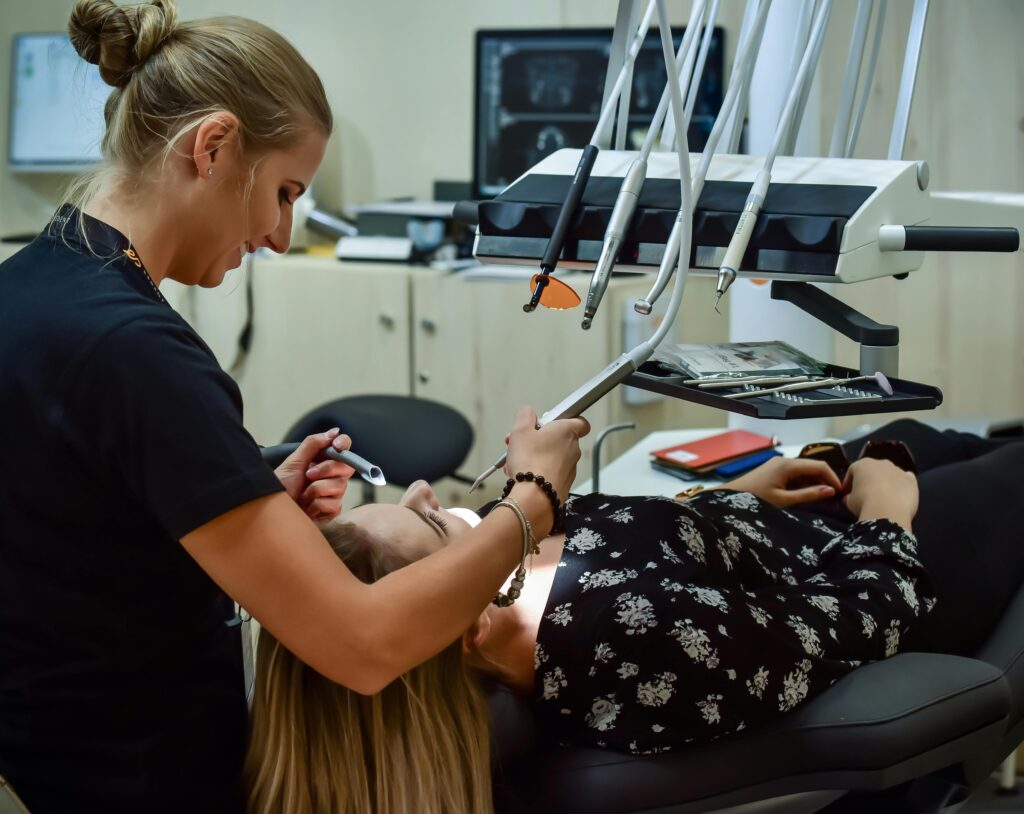Polycystic Ovary Syndrome (PCOS), often referred to as PCOD (Polycystic Ovary Disease), is a hormonal disorder that affects people with ovaries. The exact cause isn’t fully understood, but several factors may contribute:
- Hormonal Imbalance: Elevated levels of androgens (male hormones) can disrupt the normal ovulation process.
- Insulin Resistance: Many with PCOS have insulin resistance, which can lead to higher insulin levels and may cause weight gain and other symptoms.
- Genetic Factors: PCOS often runs in families, suggesting a genetic component.
- Inflammation: Low-grade inflammation is also common in those with PCOS, which may contribute to symptoms and complications.
- Environmental Factors: Lifestyle factors like diet and exercise can influence the severity of symptoms.
These factors can vary widely among individuals, leading to a range of symptoms, including irregular menstrual cycles, weight gain, and acne. If you suspect you have PCOS, it’s best to consult a healthcare professional for diagnosis and management options.

Are pcod and pcos same?
PCOD (Polycystic Ovary Disease) and PCOS (Polycystic Ovary Syndrome) are often used interchangeably, but they can refer to slightly different concepts:
- PCOS: This term describes a hormonal disorder characterized by a combination of symptoms, including irregular menstrual cycles, excess androgens (male hormones), and polycystic ovaries. It involves a broader range of metabolic and reproductive issues.
- PCOD: This term is sometimes used to specifically refer to the presence of multiple cysts on the ovaries, which can be a symptom of PCOS. However, not everyone with PCOD has the full spectrum of symptoms associated with PCOS.

